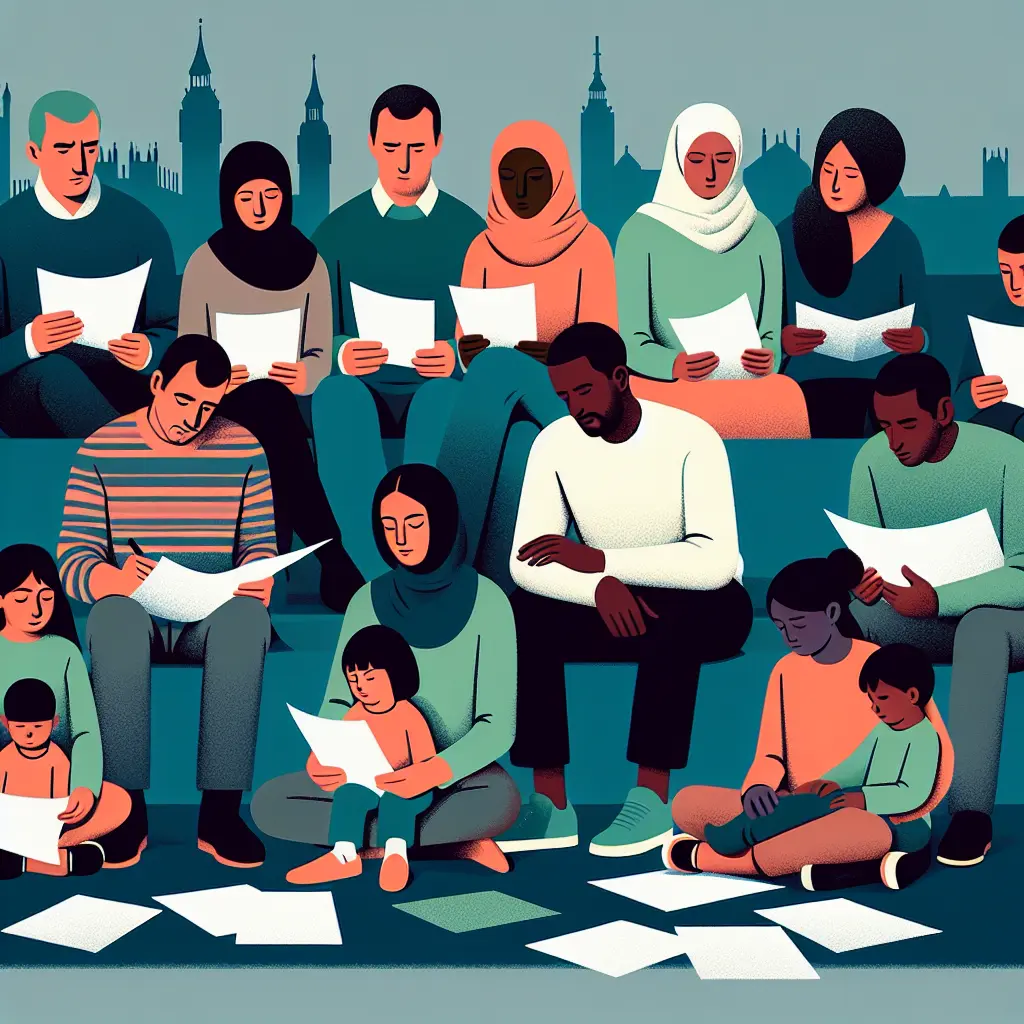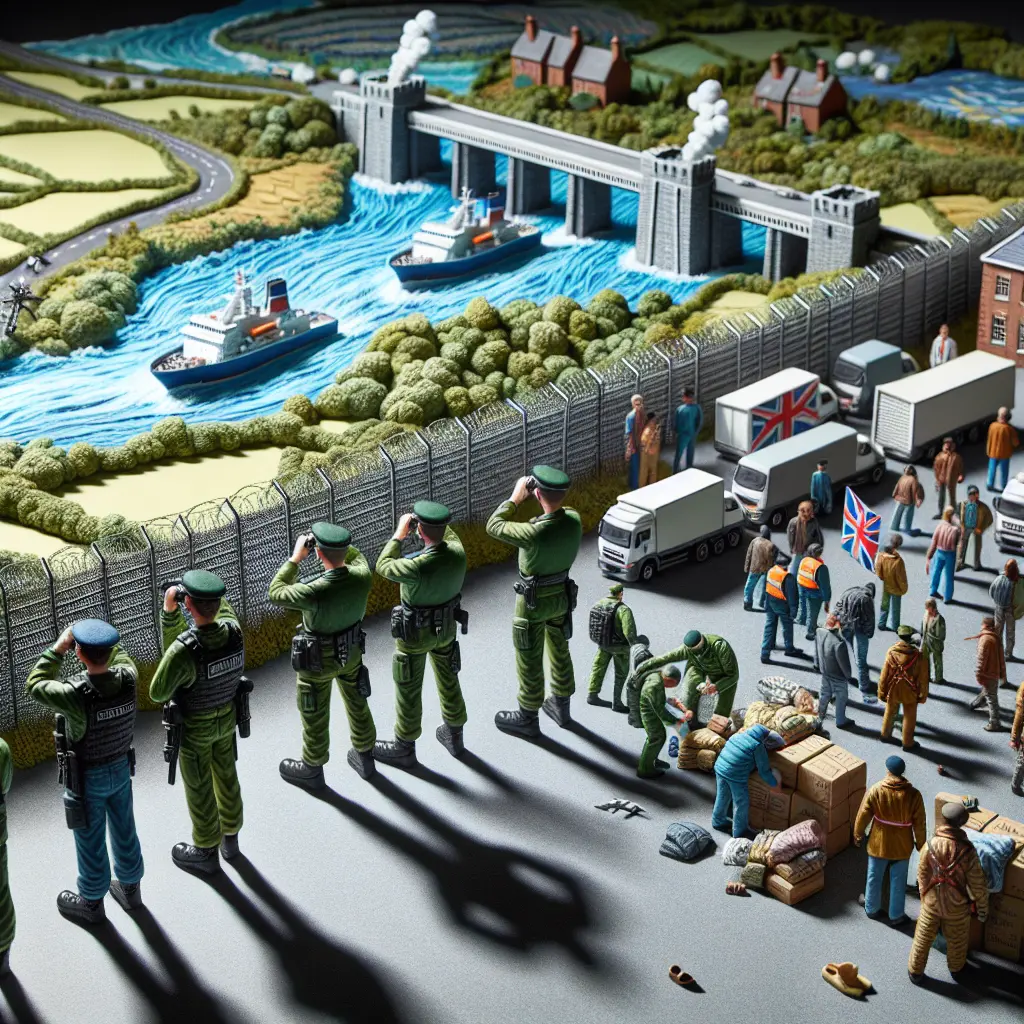Brexit has ushered in a significant transformation in the landscape of UK immigration, fundamentally altering policies that have long governed the movement of people. The impact on UK immigration is profound, affecting everything from visa rules to border control. As the UK navigates its post-Brexit immigration system, both citizens and policymakers face the task of understanding and adapting to these changes.
UK immigration policies post-Brexit have been reshaped to reflect a new reality, redefining the relationship between the UK and EU citizens. This shift is encapsulated in the myriad changes that have surfaced. This blog post will delve into these themes, exploring how these policy shifts impact various stakeholders and shape the future of immigration in a post-Brexit Britain.
Brexit fundamentally shifted the relationship between the UK and EU citizens. Once able to move freely across borders, EU citizens now face a more complex immigration system. This shift is evident in the revised UK residency rules post-Brexit, which require EU nationals to apply for settled status to remain in the UK legally.
The transition to a points-based immigration system represents one of the most significant changes, aimed at attracting skilled workers while curbing low-skilled migration. As Robert Jenrick launches his bid to win back Reform UK voters, immigration policy remains a pivotal issue. His campaign underscores the broader political ramifications of Brexit on immigration, highlighting a need to balance national interests with openness.
Post-Brexit, UK visa rules have undergone substantial revisions. The introduction of the Skilled Worker Visa marks a departure from previous policies, prioritizing specific qualifications and job offers over nationality. This approach reflects a strategic reorientation towards attracting talent aligned with national economic goals.
The Evolving Landscape: Visa Rules and Border Control
UK border control has similarly evolved, becoming more stringent as part of the post-Brexit immigration system. Enhanced security measures and stricter checks are designed to manage migration flows and maintain safety. Yet, these changes have also sparked tensions, as seen in recent anti-immigration protests across the UK.
The societal impact of Brexit on immigration is starkly visible in recent unrest across the UK. With over 1,000 arrests following violence and looting during race riots, tensions have escalated, fueled by anti-Muslim and anti-immigration sentiments source. These events highlight the challenges faced by policymakers in managing public sentiment and ensuring social cohesion.
In Northern Ireland, calls for Stormont's return after anti-immigration violence emphasize the region's unique position post-Brexit source. As politicians condemn the disorder, they also stress the importance of addressing underlying issues exacerbated by Brexit.
Understanding the effects requires analyzing UK immigration statistics post-Brexit. Data reveals a decline in EU migrants, replaced partially by non-EU nationals filling labor shortages in key sectors like healthcare and construction source. This shift underscores broader implications for the labor market and economic stability.
Statistical Insights: Analyzing Immigration Trends
Moreover, these statistics illuminate challenges faced by industries reliant on EU workers. Brexit and EU workers in the UK remain a contentious issue as businesses advocate for more flexible visa options to address workforce gaps.
Personal stories further illustrate Brexit's impact on individuals. Jamal Ghabes, a supermarket butcher from Syria who settled in Northern Ireland three years ago, symbolizes the human cost of these policy shifts. His experience of losing everything during recent riots underscores the vulnerabilities faced by immigrant communities source.
Such narratives emphasize the need for compassionate and inclusive policies that recognize the contributions of immigrants while addressing public concerns.
As UK immigration reform post-Brexit continues to unfold, ongoing discussions focus on balancing national interests with global connectivity. Policymakers are tasked with creating an adaptable immigration framework that can respond to evolving economic needs and demographic shifts.
Efforts to enhance integration and support for immigrant communities are critical. Initiatives aimed at fostering cultural understanding and addressing misinformation about immigration can help mitigate tensions and promote harmony.










Leave a Comment